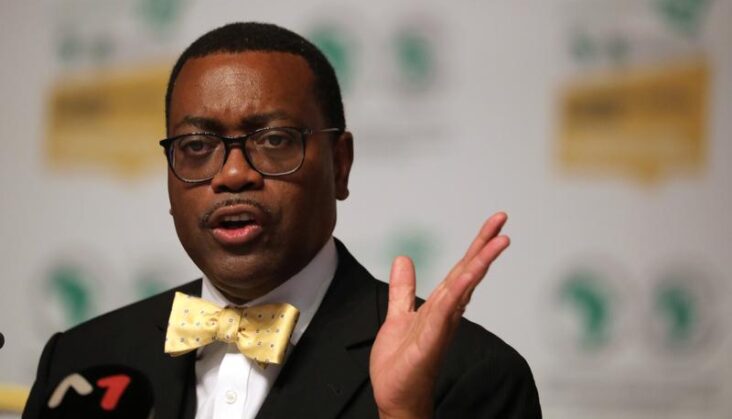Dr. Akinwumi Adesina, the President of the African Development Bank (AfDB), has underlined that corruption is not limited to Africa but is a worldwide crisis affecting regions, including Europe.
In an interview with the UK Guardian, he emphasised that corruption exists even in high financial and economic sectors in Europe.
Adesina pointed out that, in contrast, some African countries, like Eritrea in East Africa, have achieved a commendable zero percent corruption rate. Despite this, he emphasised the importance of continuing to enhance accountability in the utilisation of public resources across the African continent.
“The global financial crisis that brought the world down in 2008, was not in Africa. We have no Wall Street. That collapse came from greed, from corruption, from fraud,” he said.
“You have people cooking the books that are in the financial industry in Europe, not in Africa. Corruption is not an African issue.
“The issue is, that is not to say that there’s none. What you have to do is to continue to improve transparency, and accountability in the use of public resources.
“During my first visit to Eritrea, I was talking to UN Development Programme staff. You know what they told me? That, in Eritrea, corruption is zero percent.
“Why do we not talk about that? That’s the kind of thing that we want to do. For us as a development bank, we take good governance very seriously.”
Adesina emphasised the importance of governmental accountability in acquiring and using resources, emphasising that a nation’s wealth should benefit its people, not end up in the wrong hands.
He mentioned that the development bank he oversees ensures that countries that receive funds are held accountable for their resource allocation.
He also pointed the finger at multinational companies for supporting illicit financial flows in Africa and stressed the need for closer scrutiny in that area.
Regarding Africa’s position in the global value chain, he highlighted that the quickest way to alleviate poverty is by exporting raw materials. To move up the value chain, Africa needs to add value to its natural resources, which include oil and gas, minerals, metals, and food.
“The issue is, we have to invest right; we have to make sure the governance environment is right; we have to make sure the incentives are right,” he said.
He added, “Africa must take a position that it is no longer going to be at the bottom but at the top.”



